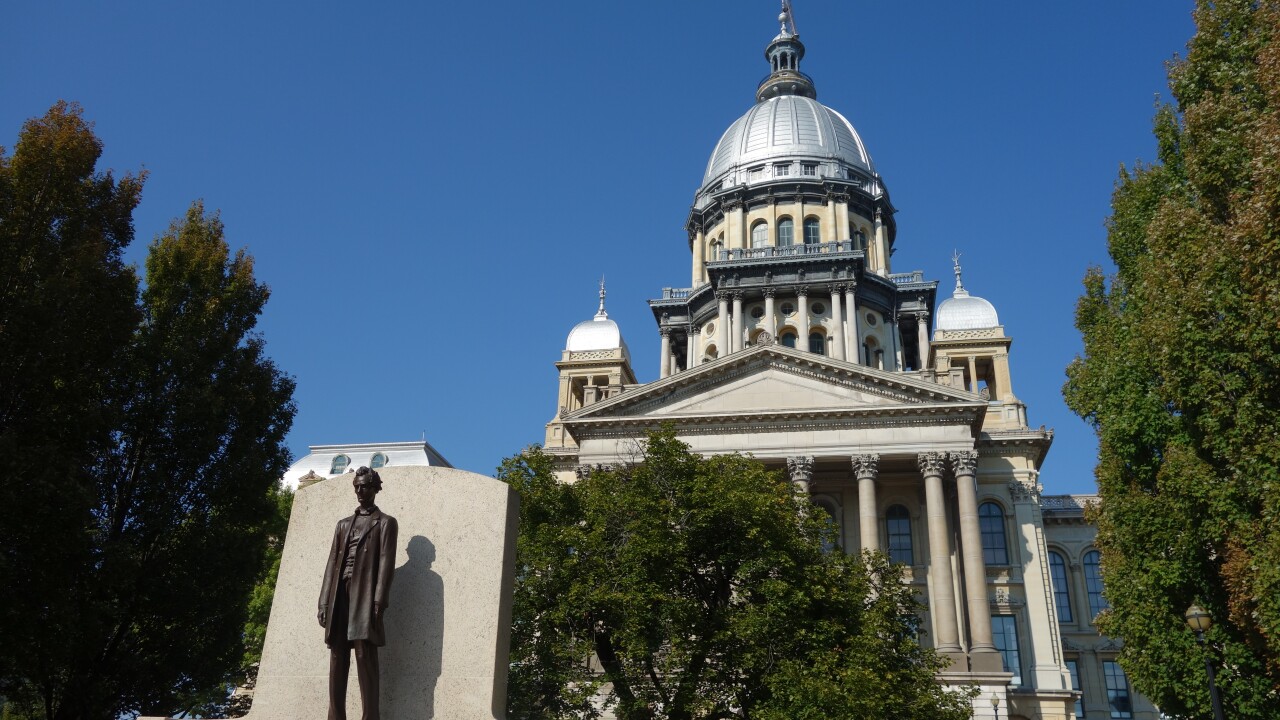DALLAS - The Houston City Council took a backdoor approach Wednesday to rolling back property taxes for 2001, despite opposition from Mayor Lee Brown, who said that such a move could harm the city's bond ratings.
Brown said the discussion of a tax rate cut had concerned bond rating agencies visiting Houston late last month after the city's sales tax revenues last year fell $38 million short of budget predictions.
This prompted the city to delay a $205 million sale of general obligation bonds that was to take place next week. It has not been rescheduled yet.
But the mayor did have one victory. After months of negotiations between Brown and the Harris County-Houston Sports Authority for a downtown basketball arena, City Council voted 11 to 4 in favor of a plan, outlined by the mayor, that will send an $80 million bond referendum to voters Nov. 7.
In the tax dispute, which is only politically connected to the arena deal, Councilman Mark Ellis opposed delaying the GO sale, saying the proposed rate cut would have no effect on the city's bond ratings because it wouldn't result in lower property tax revenues for the city.
"If we end up with a lower bond rating, I hope every one of those council members who voted today as they did will also stand up and take credit for their actions," Brown said. "To stand up and tell the people of Houston that because of their actions, we now pay more money to borrow money to do the things we want to do in our city."
The city currently has a AA-minus rating from Standard & Poor's, a Aa3 rating from Moody's Investors Service, and a AA rating from Fitch.
The city's property tax rate for 2001 will be 64.67 cents per $100 of property valuation, down from the current rate of 66.5 cents per $100 valuation. The higher rate was factored into the budget for fiscal 2001, which began July 1.
Ellis had spearheaded a move last week to lower the city's property tax from 66.5 cents per $100 to 64.5 cent per $100 assessed valuation. But that proposal was tabled for a week, and the council began discussions to approve the current 66.5-cent tax rate.
When that motion was defeated 8 to 7, the city was forced under state law to adopt the effective tax rate, which is the rate at which the city will take in the same amount of property tax revenue as it did in fiscal 2000. That rate is 64.67 cents per $100 assessed valuation, which will save the owner of a $100,000 home $14.50 over the 66.5 rate.
Brown said that before the rate cut the city already was facing the prospect of a property tax increase to pay for nearly $50 million in required additional spending, including raises for police and fire personnel, employee health care, and $8 million more for debt service.
Ellis insisted that even under the effective tax rate, which leaves property tax revenues at the fiscal 2000 level, Ellis said the city will take in nearly $20 million more than it budgeted for fiscal 2001.
He attributed that to $2 million in additional cable television-franchise fees, $6 million more in electric-franchise fees, and another $10 million in property tax revenues from new properties that had not been certified by the Harris County Appraisal District when the administration made its budget projections in April.
The tax rollback followed a day of protesting by 30 community leaders who support the mayor. The mayor's office also played hardball, threatening to cancel some bond-funded capital improvements slated for approval if the rollback proposed by Ellis was approved.
Councilman Bert Keller said an administration official told him at the council table that a drainage project under way in his district would be halted if he voted against the current tax rate.
Keller did, which helped to impose the effective tax rate.
Despite the tax cut rancor, if the $80 million bond referendum to fund part of the arena is passed by voters, the city will spend no more than $20 million to buy land for the arena and to complete infrastructure improvements there.
The city will also be given $200,000 a year from the sale of the building's name, a suite in the arena, and can use the building for 20 fundraising dates a year. After 30 years it will own the arena and the parking garage.
An amendment by Councilman Rob Todd strengthens a commitment that the sports authority has already made to Harris County Judge Robert Eckels not to extend the arena bond debt beyond 30 years, nor refinance if it increases annual costs.





